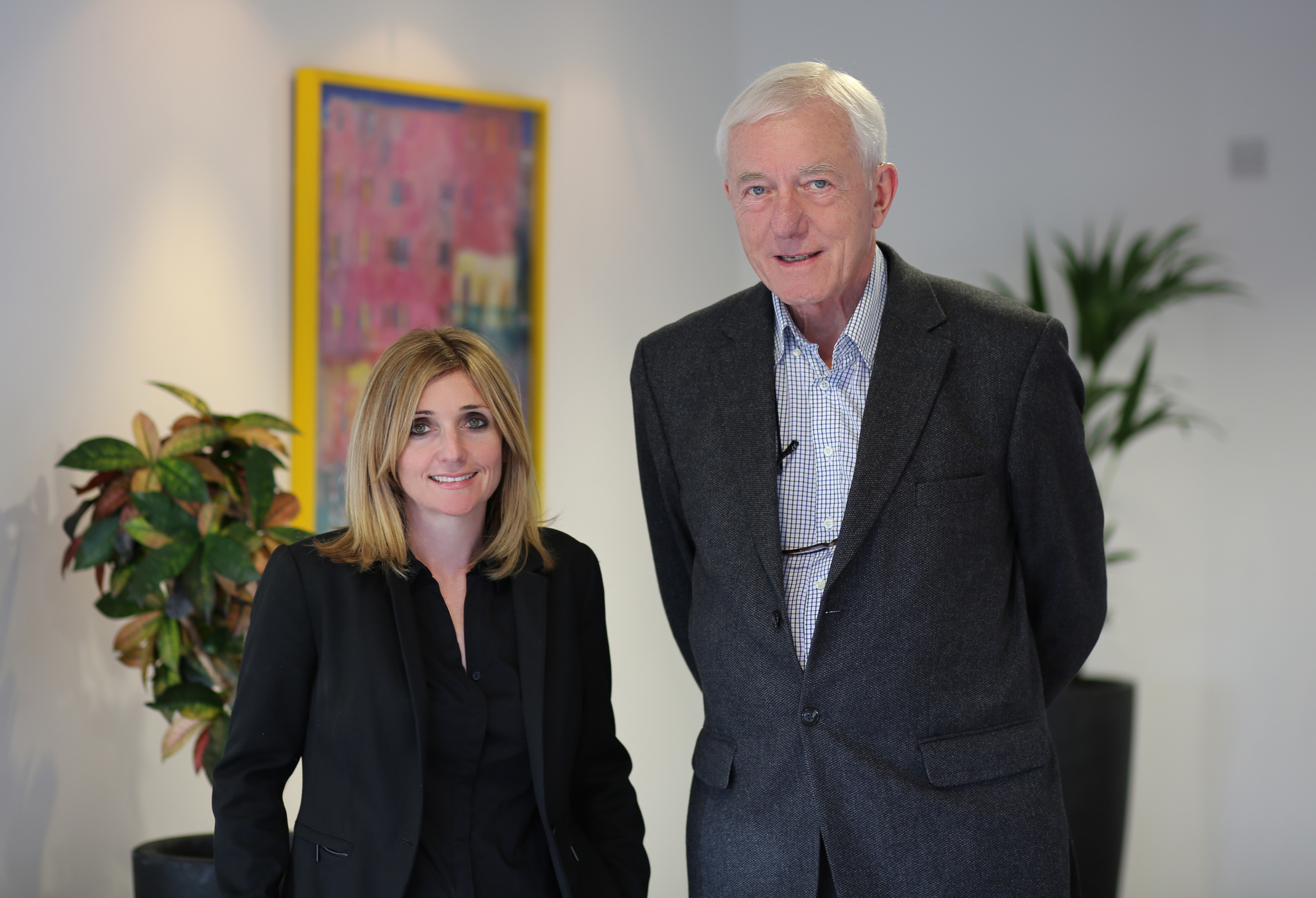Sir Professor Adrian Bird shows Rett Syndrome can be reversed in mice, a huge moment that paves the way for Rett Syndrome gene therapy research in humans
At Reverse Rett, we’re working to accelerate treatments and a cure for everyone affected by Rett syndrome.
Over the last fourteen years, we’ve invested in high-quality research projects such as the RSRT Gene Therapy and MECP2 Consortia, which have led to the gene therapy programs in clinical trials today.
As well as funding the research, we’ve been working aggressively for years to bring clinical trials of disease-modifying treatments to the UK.
Clinical trials of gene therapy have just been approved by the UK regulatory authorities. We need your help to continue our work. Here is a timeline of our progress:
Sir Professor Adrian Bird shows Rett Syndrome can be reversed in mice, a huge moment that paves the way for Rett Syndrome gene therapy research in humans
Reverse Rett is founded by five parents from the home of now CEO, Rachael Stevenson
Reverse Rett support the launch of RSRT’s international MECP2 Consortium (Bird, Greenberg and Mandel Labs) to combine global efforts to find a tangible way to reverse Rett Syndrome in humans, total Reverse Rett contribution $1.65 Million (2011-2017)
Reverse Rett support RSRT launch of Gene Therapy Consortium (Cobb and Gray Labs) to compound efforts to drive Gene Therapy for Rett Syndrome into human trials. Total Reverse Rett contribution $717,133 (2014-2019)
Gene therapy shown to reverse the symptoms of Rett Syndrome in mice at the lab of MECP2 Consortium member, Gail Mandel. Total Reverse Rett contribution to Mandel Lab $146,666 (2012-2014)
Reverse Rett start Rett Registry UK in anticipation of human clinical trials of potential treatments
Reverse Rett begin seed-funding Rett-focused clinical team at King’s College London under Professor Santosh to develop a UK centre with capacity to run the first UK Rett trial
UK’s first Rett syndrome clinical trial starts at King’s College Hospital under Professor Santosh with Clinical Trial Co-ordinator funding and logistical support from Reverse Rett
2nd UK clinical trial for a potential treatment for Rett Syndrome launched at Alder Hey Children’s Hospital. Reverse Rett contracted to recruit, pre-screen, refer and provide logistical support for patients and families
Reverse Rett launches Rett Syndrome clinical treatment and research centre, the CIPP Rett Centre at King’s College Hospital. Total Reverse Rett funding to date £1.2 Million (2019-2023).
3rd UK clinical trial for Rett Syndrome is launched at trial sites in Manchester and London with Reverse Rett providing Clinical Trial Support Services building further capacity to run trials of more complex disease-modifying treatments here in the UK
Neurogene announce Rett gene therapy program, NGN-401. This product is based on the work of Cobb Lab. Total Reverse Rett contribution to Cobb Lab to date is $1.478 Million
4th UK clinical trial (Anavex 2-73 paediatric) starts at five trial sites: CIPP Rett Centre, Evelina Children’s Hospital, Manchester Rare Conditions Centre, Nottingham Children’s Hospital, Royal Hospital for Children, Edinburgh. Reverse Rett contracted to provide Clinical Trial Support Services to all sites further building capacity to run trials of more complex disease-modifying treatments here in the UK
Taysha Gene Therapies files IND/CTA with Health Canada and receives green light for the first in human gene therapy trial for Rett to start imminently.
Neurogene receives FDA approval for clinical trial in Rett gene therapy, NGN-401 in the USA
Taysha Gene Therapies announce that the first adult patient has been dosed with their gene therapy product, TSHA-102.
Taysha Gene Therapies cleared for second patient to be dosed with TSHA-102
1st adult patient showing significant improvement on TSHA-102
Patients age 12 and older are now eligible for the phase 1/2 clinical trial in Canada
Neurogene announces that the product has been well-tolerated to date with no treatment-emergent or procedure-related serious adverse events
DSMB clears 3rd pediatric patient for dosing in early 1Q:24. Clearance obtained from UK MHRA for NGN-401 clinical trials to start.
The first US child has been dosed with TSHA-102. The product has been well-tolerated to date with no treatment-emergent or procedure-related serious adverse events. Clearance obtained from UK MHRA for NGN-401 clinical trials to start.

We’re working to bring about better days for children and adults with Rett Syndrome by funding laboratory and clinical research projects that will lead to better outcomes for everyone affected, both now and in the future.

The UK clinical research we fund is subject to a rigorous peer review process, validated by our membership of the Association of Medical Research Charities.
International Rett Syndrome research is funded through our partnership with the US based Rett Syndrome Research Trust who provide peer review and monitoring for those projects.

Reverse Rett is a full member of the Association of Medical Research Charities (AMRC), a network of 150 medical and health research charities who deliver high-quality research that saves and improves lives. Membership of AMRC has to be earned through adherence to stringent peer review criteria.
With people with Rett Syndrome at the heart of everything we do, we’re proud to hold ourselves to the highest standard in all areas of our operations.
I was first introduced to Rett Syndrome when I received an out of the blue phone call from Adrian Bird, who first discovered MeCP2 protein, requesting some help with a set of specific experiments. Following this successful collaboration, Rett Syndrome research has become a primary focus of my lab. While traditional drug approaches will likely be restricted to correcting specific aspects of what goes wrong in Rett Syndrome, it is conceivable that Gene Therapy can correct the cause of Rett Syndrome at it’s very source and thus provide a profound recovery of function.